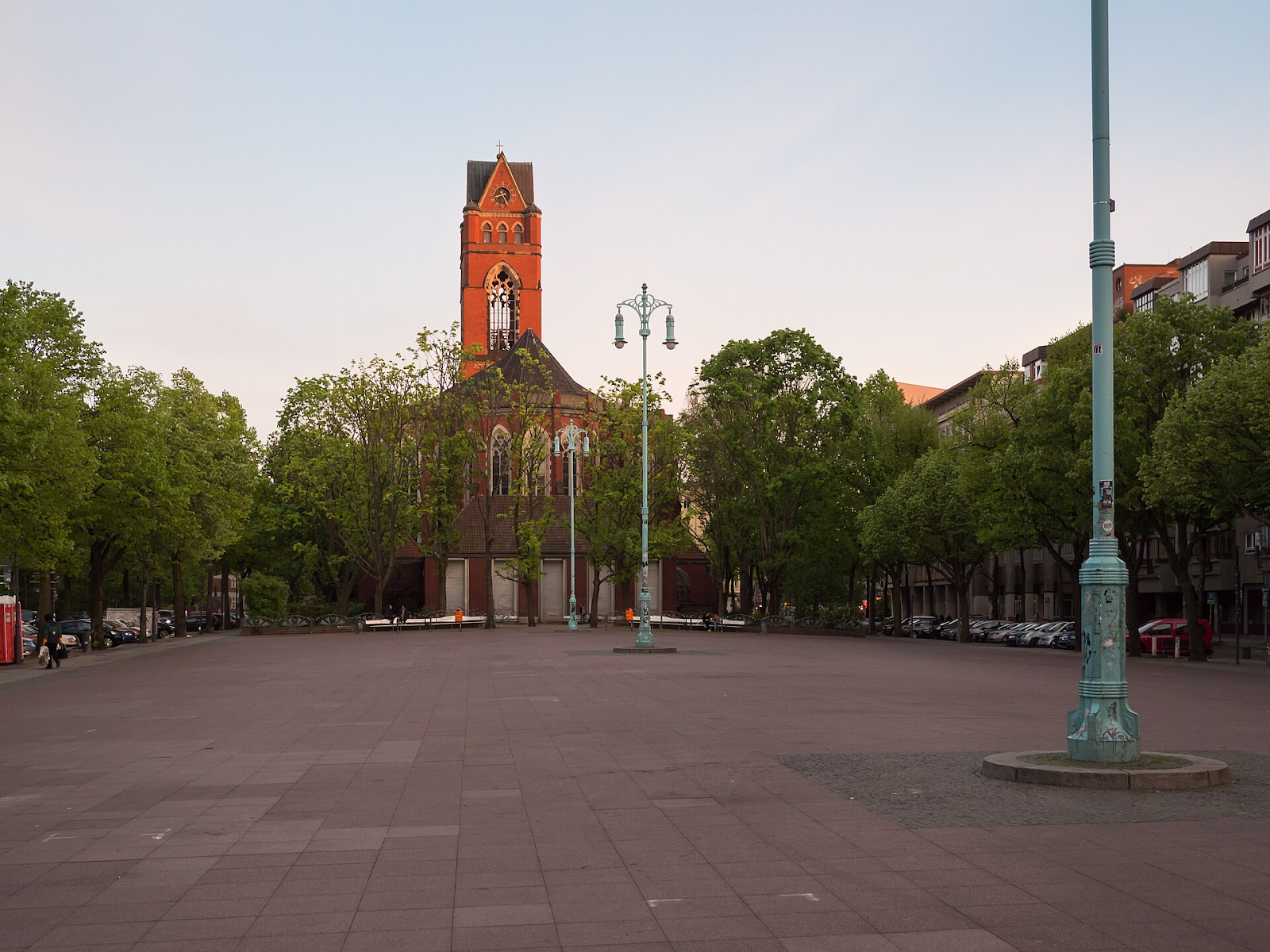Remembering Liberation
Remembering Liberation: Berlin Marks 80 Years Since WWII's End
Yesterday, Berlin commemorated a pivotal milestone in European history as the city observed the 80th anniversary of the end of World War II. For the first time since 2020, May 8th was declared a special one-time public holiday, allowing Berliners to participate in various commemorative events across the capital.
A City Transformed by History, The Hard Way
On May 8, 1945, Nazi Germany formally surrendered, ending six years of devastating conflict. As the capital of the Third Reich, Berlin was the final battleground, with the city surrendering on May 2, 1945, followed by the Wehrmacht's unconditional capitulation six days later, silencing guns across Europe.
The date holds profound significance for Germany, known as "Tag der Befreiung" (Day of Liberation), marking both the end of National Socialism and Europe's liberation from war and terror. As the Berlin Cosmopolitan School noted, this special public holiday creates "space for reflection and remembrance," highlighting the "values of peace, tolerance, and democracy."
A Week of Commemoration
The Berlin Senate initiated a week-long program featuring over 100 events throughout the city from May 2-11, 2025. These included exhibitions, concerts, theatre performances, guided tours, film screenings, and discussions at more than 50 memorial sites and cultural institutions.
At the heart of the commemorations was an open-air exhibition titled "Peace at last?!" on Pariser Platz, exploring the final days of the war, its immediate impact, and the far-reaching consequences of Nazi Germany's defeat. Free guided tours invited visitors to explore, discuss, and pay tribute to this momentous historical turning point.
Artistic Responses to History
One of the most moving events was the premiere of "Befreiung" (Liberation), an oratorio composed by Marc Sinan. Performed by artists from six European countries at the Akademie der Künste, this immersive sound installation drew on the biographies of Holocaust survivors and victims of Nazi persecution, creating a powerful musical message supporting peace and tolerance.
Throughout Berlin, historical sites provided powerful backdrops for reflection. The Museum Berlin-Karlshorst, where Germany officially surrendered, opened its doors to visitors, while locations like the Reichstag, Holocaust Memorial, and ruins of Anhalter Bahnhof served as poignant reminders of war's devastation and its aftermath.
A Day of Reflection for Modern Berlin
The Berlin Senate emphasized that "80 years after the historic event, the additional holiday is meant to raise awareness... peaceful coexistence is still not self-evident." This sentiment echoed throughout yesterday's events, bridging historical remembrance with contemporary relevance.
While other German states like Brandenburg recognize May 8th as a memorial day, Berlin took the additional step of making it a public holiday, acknowledging the city's unique historical position. For Berlin's approximately 3.7 million residents, the day provided an opportunity to reflect on the complex legacy of WWII while celebrating decades of peace and reconciliation.
As the commemorations continue through May 11, Berlin demonstrates how a city once divided by war and ideology can transform historical trauma into thoughtful remembrance. This 80th anniversary serves not just as a look backward but as a commitment to the values of peace, democracy, and international cooperation that have defined Europe's post-war rebuilding.
In the words posted at many of the memorial sites yesterday: remembering the past remains vital to securing a peaceful future.







Comments
Post a Comment